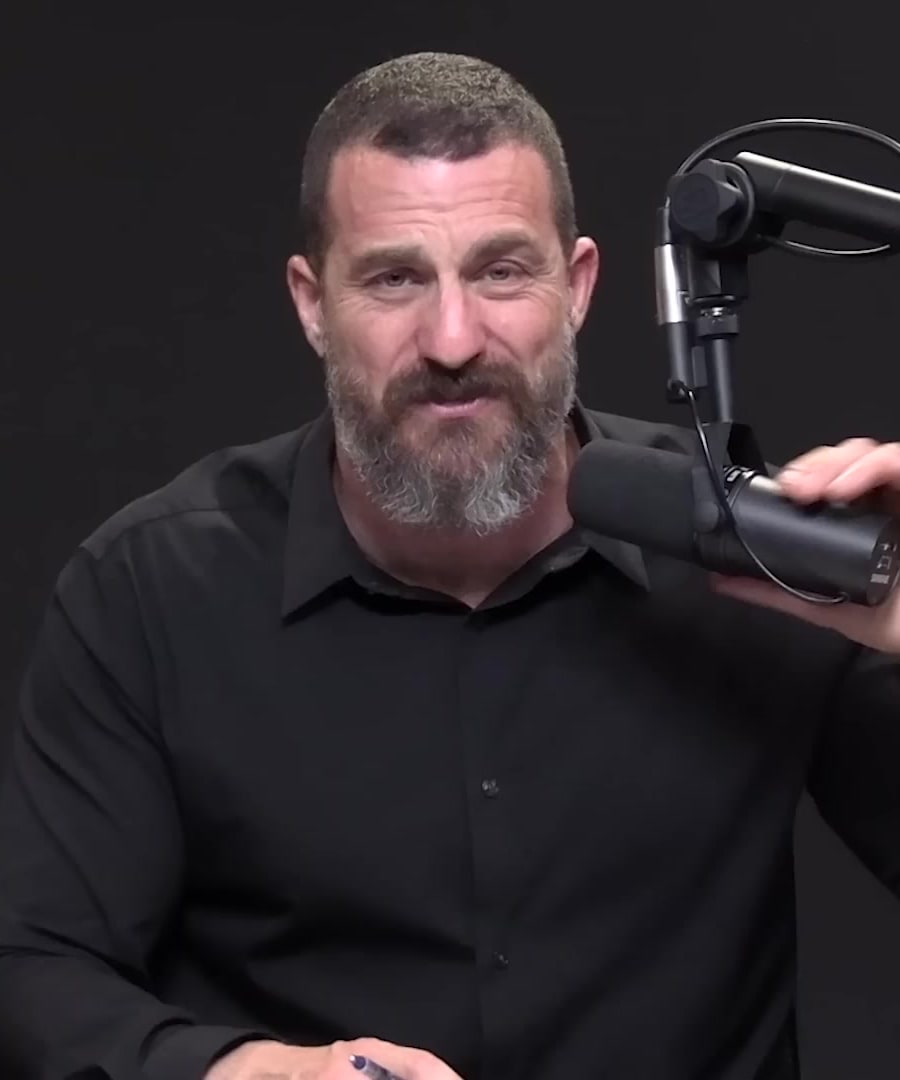Caffeine headache withdrawals
Sources:
Caffeine withdrawal headaches occur due to changes in vasodilation and vasoconstriction that caffeine induces. When regular caffeine users suddenly stop consuming caffeine, this can lead to headaches because caffeine normally blocks adenosine receptors. Adenosine is a natural vasodilator that accumulates during wakefulness, promoting sleepiness. Caffeine prevents adenosine from acting, leading to vasoconstriction. When caffeine's effects wear off, the sudden increase in adenosine activity can result in vasodilation, contributing to headaches. This effect varies depending on factors like individual restfulness and the time of day. For frequent caffeine users, abruptly stopping can result in significant headaches and discomfort lasting about three weeks to normalize 1 2.
RELATED QUESTIONSHow to manage caffeine withdrawal headaches
Sources:
To manage caffeine withdrawal headaches effectively, consider the following strategies based on insights from :
-
Gradual Reduction: Instead of quitting caffeine abruptly, gradually reduce your caffeine intake. This can help mitigate the severity of withdrawal symptoms including headaches 1.
-
Hydration: Increase your water intake. Dehydration can worsen headaches, and increasing fluid intake can help alleviate them 1.
-
Pain Relief Medication: The use of over-the-counter pain relievers may be helpful in managing the pain from caffeine withdrawal headaches. However, always use medication as directed and consider consulting with a healthcare provider 1.
-
Sleep and Rest: Ensure you are getting adequate sleep and rest. Fatigue can exacerbate headaches, so proper rest can help in recovery 1.
-
Alternate Sources of Relief: If you’re accustomed to the alertness that caffeine provides, try alternative methods to boost your energy, such as light physical exercise or brief naps, which don’t rely on stimulants 2.
Implementing these strategies may help alleviate the discomfort of caffeine withdrawal headaches.
-
Caffeine headache withdrawals
- RELATED QUESTIONS
How to manage caffeine withdrawal headaches


